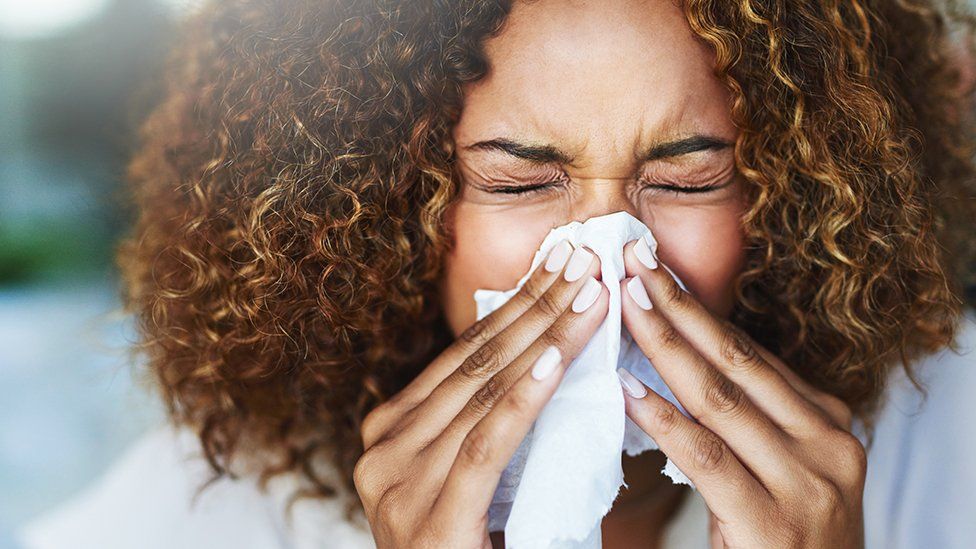-

-
-
Loading

Loading

Before the pandemic, Sally enjoyed traveling abroad regularly and playing golf three or four times a week while socializing with other members of her club. However, as a mid-70s individual who has been vaccinated against Covid, Sally's approach to life has changed due to the virus. She hasn't taken a flight since the pandemic started because she believes it isn't worth the risk. Although she still plays golf frequently and enjoys drinks on the terrace during summer, she avoids socializing indoors and skips events like Christmas parties when the weather turns. Sally is not alone, as research suggests that anxiety related to Covid continues and has intensified recently with the rise in hospital admissions and news of new variants. However, there is evidence indicating that Covid might become just another respiratory virus, similar to the flu and other less familiar ones like respiratory syncytial virus (RSV), rhinovirus, and adenovirus. Last winter, flu deaths were estimated to be higher than Covid deaths in England, with around 14,000 flu deaths compared to 10,000 Covid deaths, according to the UK Health Security Agency. Professor Paul Hunter, an infectious diseases expert, explains that the death rate per Covid infection is now lower than that of the flu due to the immunity built up from vaccination and previous infections. While Covid had a higher presence throughout 2022 with various peaks, unlike other respiratory viruses that are typically more active in winter, the pattern changed in 2023 with a more seasonal occurrence, experiencing a lull during spring and summer. Prof Hunter believes that Covid is on its way to becoming a seasonal virus, with flu causing more deaths from now on. Eventually, Covid will become just another cause of the common cold, similar to other circulating coronaviruses. Although there are positive signs, Professor Adam Kucharski, a government advisor during the pandemic, remains cautious, noting that the colder months and more indoor mixing could affect the spread of Covid outside of winter. However, putting Covid into context can be challenging since there is more available data on Covid than other respiratory viruses. Prof Kucharski also emphasizes the importance of using data accurately to avoid unnecessary alarm and exaggeration of risks. While changes in Covid are encouraging, Prof Mike Tildesley, a modeller in infectious diseases, believes that Covid could still cause more deaths than the flu this winter, considering the rebound flu experienced last year due to reduced immunity following a few years of low flu circulation. It is also unclear whether Covid deaths are in addition to, or instead of, flu deaths. The question of whether testing for Covid is necessary arises due to the changing nature of the virus. Although many people still test when they feel sick, experts have doubts about its usefulness. The key lesson learned from the pandemic is the importance of staying away from others when experiencing respiratory illness, whether it's flu or Covid, especially for vulnerable individuals with lung conditions who may benefit from antiviral treatment. Some individuals still struggle with uncertainty and worry related to Covid, as the unique history associated with the virus continues to induce concern. It may take a long time for those affected to overcome this anxiety.